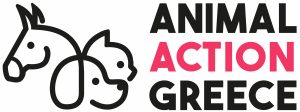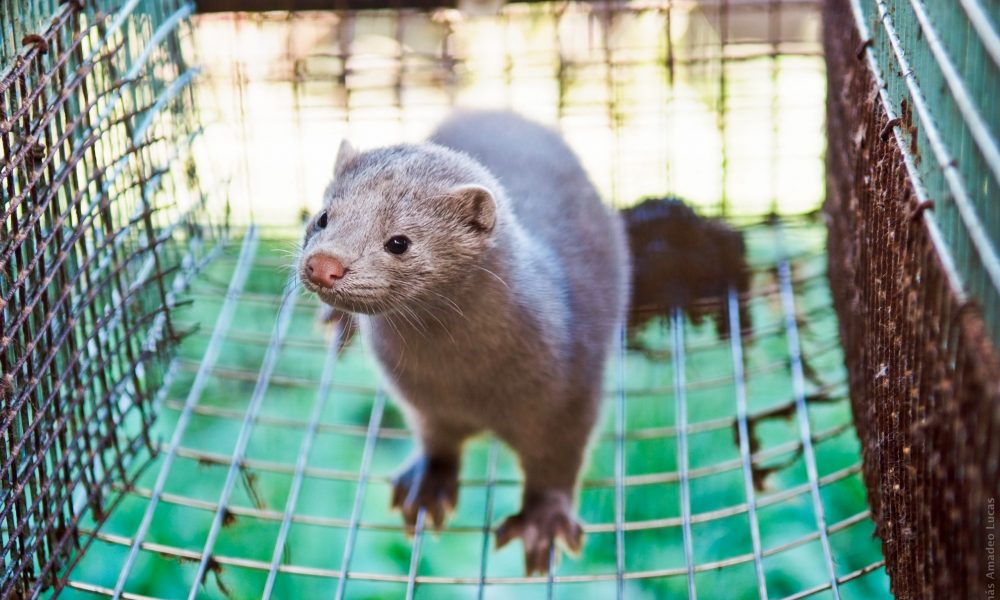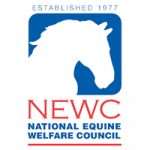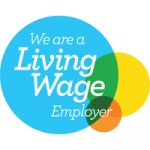The European Commission has held a public consultation on the revision of animal welfare legislation, as part of their wider agenda to address animal welfare as an EU citizen priority within their ‘Farm to Fork’ Strategy. This 14 week consultation closed on 21 January 2022 with the aim to collect the opinions of the general public and organisations within the sector on a wide range of animal welfare-related subjects. The consultation asked several questions which explored options for addressing the shortcomings identified in the recent evaluation of the EU legislation, with a new EU wide legislative proposal expected in the Autumn of 2023.
We sought to express and incorporate a Greek perspective in the areas that were not included in the questions. These covered:
- The need to ban fur farming throughout the EU.
Animal Action Greece Hellas fully supports the need to ban fur farming throughout the EU. It is not possible for either the five freedoms or five domains to be met whilst undertaking fur farming and therefore it goes against even the most basic concepts of animal welfare.During the pandemic, it is a matter of fact that countries that introduced Member Country legislation to cull fur farms, resulted in millions of animals being killed. Many companies engaged in this activity re-located to Greece, seeking to take advantage of the Greek states lax enforcement of all EU animal welfare legislation as well as Greek specific legislation. Strick enforcement should follow the introduction of a ban on fur farming, and a very limited ‘transition period’ should be imposed, with significant financial fines imposed on Member States for non-compliance. Council Directive 98/58/EC contains a contingent ban (contingent on Member States applying such a ban where conditions are not met). This has been proven to totally ineffective. The only justifiable solution is now to impose an outright ban.
- A ban on cephalopod farming throughout the EU.
Animal Action Greece Hellas fully supports a ban on cephalopod farming throughout the EU. Cephalopods – such as squid and octopus – are iconic sea creatures in the Greek traditional culinary culture. But they are highly inquisitive, intelligent, and carry out complex behaviours and interactions with their sea environment, which is neither understood to reflected in how these animals are farmed for commercial purposes.The indifference to the welfare of these sea creatures means from ‘Farm to Fork’ in Greece significant cruelty is perpetually inflicted on them without any regulation, either EU or through Greek legislation, seeking to protect their welfare. There is no way to meet their needs in a farming system.
- Making EU legislation, regulations and directives on animal welfare more cohesive and mutually supportive, rather than contradictory.
The existing Transport Regulation (Council Regulation (EC) No 1/2005) covers animals used for ‘commercial purposes’. There is a big contradiction here with the General Farming Directive, which only covers animals used for ‘farming purposes’. To illustrate this, Greece introduced in September 2021 New Animal Welfare law – “4830/2021 – New framework for the well-being of companion animals”. This legally requires owners of companion animals, such as cats and dogs, to microchip them, register them on a national database as well as requiring them, with limited exceptions, to sterilise them in the interests of controlling the stray populations. However, the EU Transport Regulation covers, for example, animals such as cats and dogs and ‘wild’ (feral cats) being rehomed. These are classed as ‘farm animals’ under EU regulations for transport purposes. There is now a potential conflict between (a) EU Transport Regulations; (b) European pet passport regulations; (c) member country animal welfare laws covering companion animals, such as in Greece
- We included a request to be more responsive to new types of ‘farming’ for ‘commercial purposes’, such as the emergence of Donkey Milk Farming in Greece.
EU regulations and directives on animal welfare need to identify more quickly new types of ‘farming’ for ‘commercial purposes’. In Greece over the past decade, ‘donkey milk’ farming has emerged as a new phenomena. There are no controls over this economic activity, and there is clear evidence that the equines welfare is compromised, as they are not protected by any legal ‘farming’ regulations.
- Support for the EU making its legislation, regulations and directives on animal welfare being underpinned by the Five Domains.
Animal Action Greece Hellas fully supports the EU making its legislation, regulations and directives on animal welfare clear that it supports labelling as a central instrument to provide consumers high-quality information, regarding the sustainability level of food production, the nutritional value of food items, as well as consumer information related to animal welfare.
- A ban on force feeding.
Force-feeding and its consequences are extremely painful for animals. In 1998, a study by the Scientific Committee on Animal Health and Animal Welfare (SCAHAW) on behalf of the European Commission found that “force-feeding, as currently practised, is detrimental to the welfare of the birds.” A number of independent studies have also come to the same conclusion, including most recently a peer-reviewed study published by the Universities Federation for Animal Welfare in 2017. Animal Action Greece Hellas fully supports a ban on force feeding.






